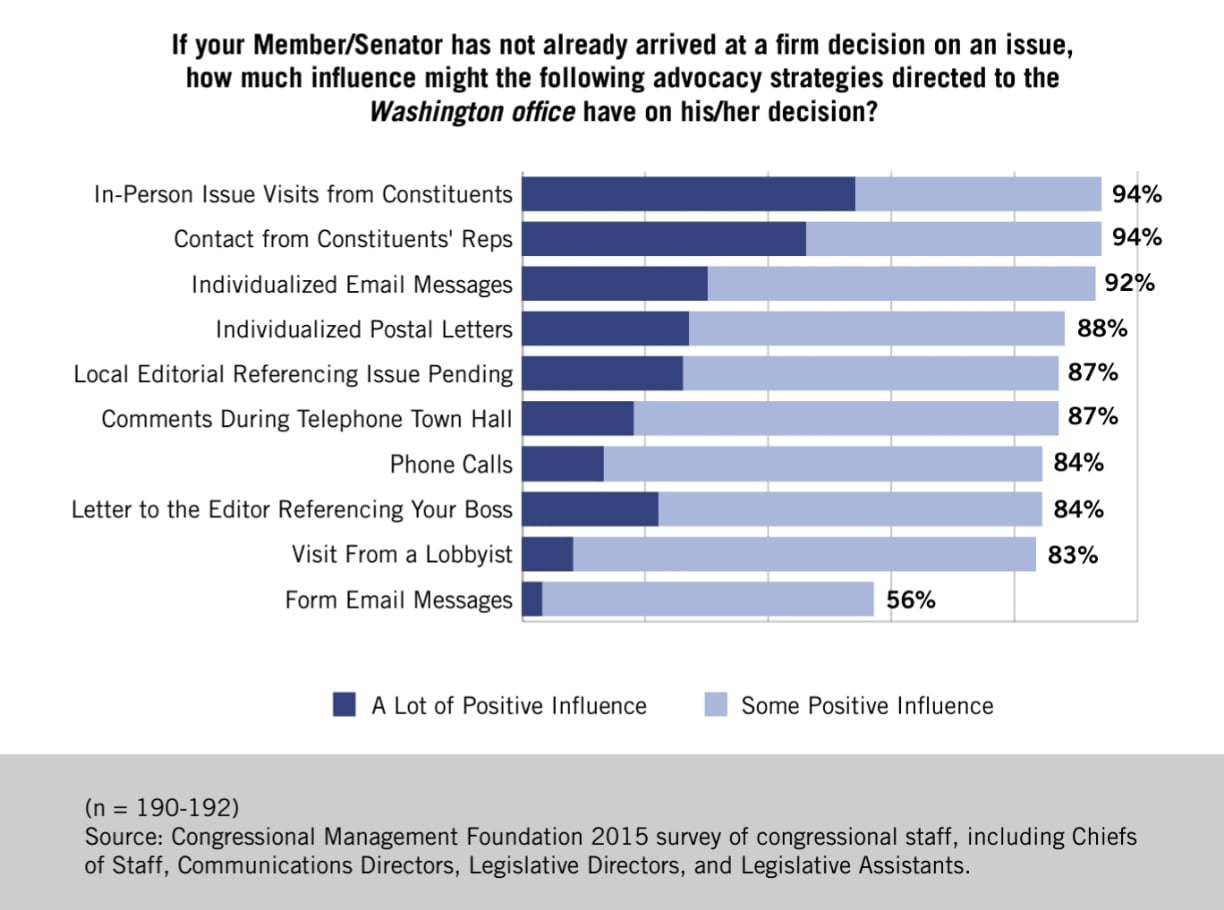We just published an interview: Emergency pod: Judge plants a legal time bomb under OpenAI (with Rose Chan Loui). Listen on Spotify, watch on Youtube, or click through for other audio options, the transcript, and related links.
Episode summary
…if the judge thinks that the attorney general is not acting for some political reason, and they really should be, she could appoint a ‘special interest party’…. That’s the court saying, “I’m not seeing the public’s interest sufficiently protected here.” — Rose Chan Loui |
When OpenAI announced plans to convert from nonprofit to for-profit control last October, it likely didn’t anticipate the legal labyrinth it now faces. A recent court order in Elon Musk’s lawsuit against the company suggests OpenAI’s restructuring faces serious legal threats, which will complicate its efforts to raise tens of billions in investment.
As nonprofit legal expert Rose Chan Loui explains, the court order set up multiple pathways for OpenAI’s conversion to be challenged. Though Judge Yvonne Gonzalez Rogers denied Musk’s request to block the conversion before a trial, she expedited proceedings to the fall so the case could be heard before it’s likely to go ahead. (See Rob’s brief summary of developments in the case.)
And if Musk’s donations to OpenAI are enough to give him the right to bring a case, Rogers sounded very sympathetic to his objections to the OpenAI foundation selling the company, benefiting the founders who forswore “any intent to use OpenAI as a vehicle to enrich themselves.”
But that’s just one of multiple threats. The attorneys general (AGs) in California and Delaware both have standing to object to the conversion on the grounds that it is contrary to the foundation’s charitable purpose and therefore wrongs the public — which was promised all the charitable assets would be used to develop AI that benefits all of humanity, not to win a commercial race. Some, including Rose, suspect the court order was written as a signal to those AGs to take action.
And, as she explains, if the AGs remain silent, the court itself, seeing that the public interest isn’t being represented, could appoint a “special interest party” to take on the case in their place.
This places the OpenAI foundation board in a bind: proceeding with the restructuring despite this legal cloud could expose them to the risk of being sued for a gross breach of their fiduciary duty to the public. The board is made up of respectable people who didn’t sign up for that.
And of course it would cause chaos for the company if all of OpenAI’s fundraising and governance plans were brought to a screeching halt by a federal court judgment landing at the eleventh hour.
Host Rob Wiblin and Rose Chan Loui discuss all of the above as well as what justification the OpenAI foundation could offer for giving up control of the company despite its charitable purpose, and how the board might adjust their plans to make the for-profit switch more legally palatable.
This episode was originally recorded on March 6, 2025.
Video editing: Simon Monsour
Audio engineering: Ben Cordell, Milo McGuire, Simon Monsour, and Dominic Armstrong
Transcriptions: Katy Moore


Thanks for sharing this, very informative and helpful for highlighting a potential leverage point., strong upvoted.
One minor point of disagreement: I think you are being a bit too pessimistic here:
There are few examples of US courts blowing up large US corporations, but that is not exactly the situation here. OpenAI might claim that preventing a for-profit conversion would destroy or fatally damage the company, but they do not have proof. There is a long history of businesses exaggerating the harm from new regulations, claiming they will be ruinous when actually human ingenuity and entrepreneurship render them merely disadvantageous. The fact is that this far OpenAI has raised huge amounts of money and been at the forefront of scaling with its current hybrid structure, and I think a court could rightfully be skeptical of claims without proof that this cannot continue.
I think a closer example might be when the DC District Court sided with the FTC and blocked the Staples-Office Depot merger on somewhat dubious grounds. The court didn't directly implode a massive retailer... but Staples did enter administration shortly afterwards, and my impression at the time was the causal link was pretty clear.